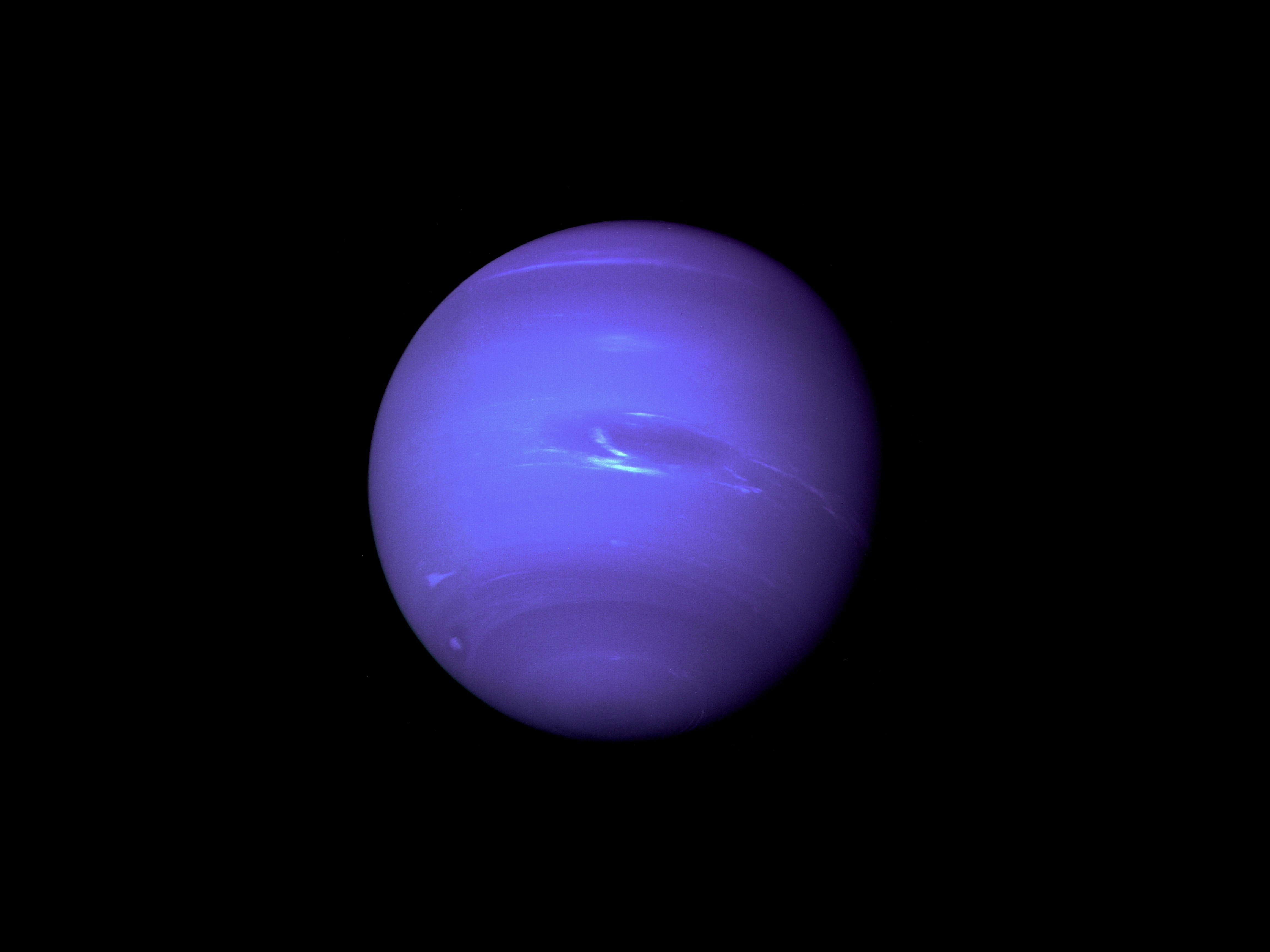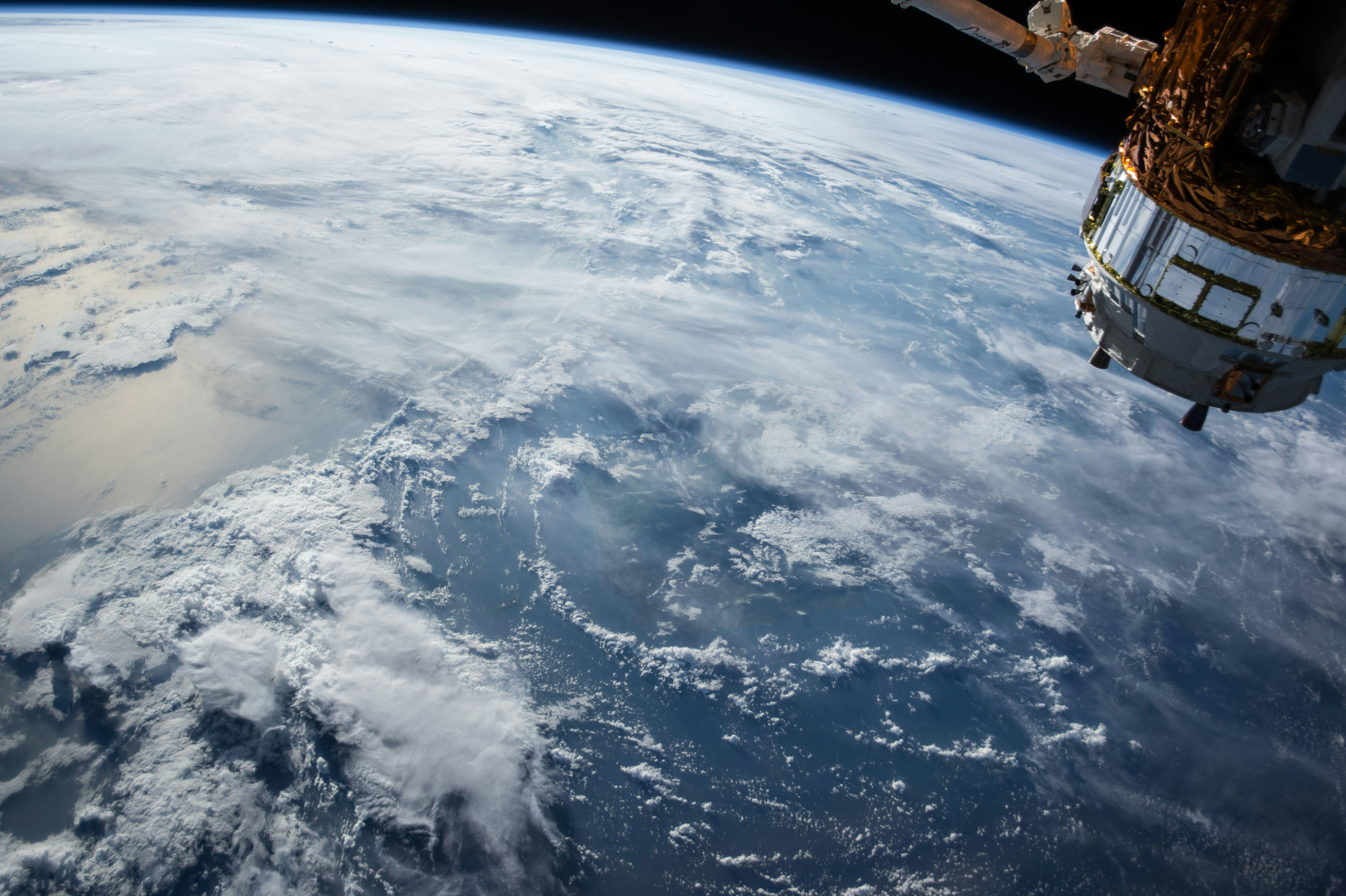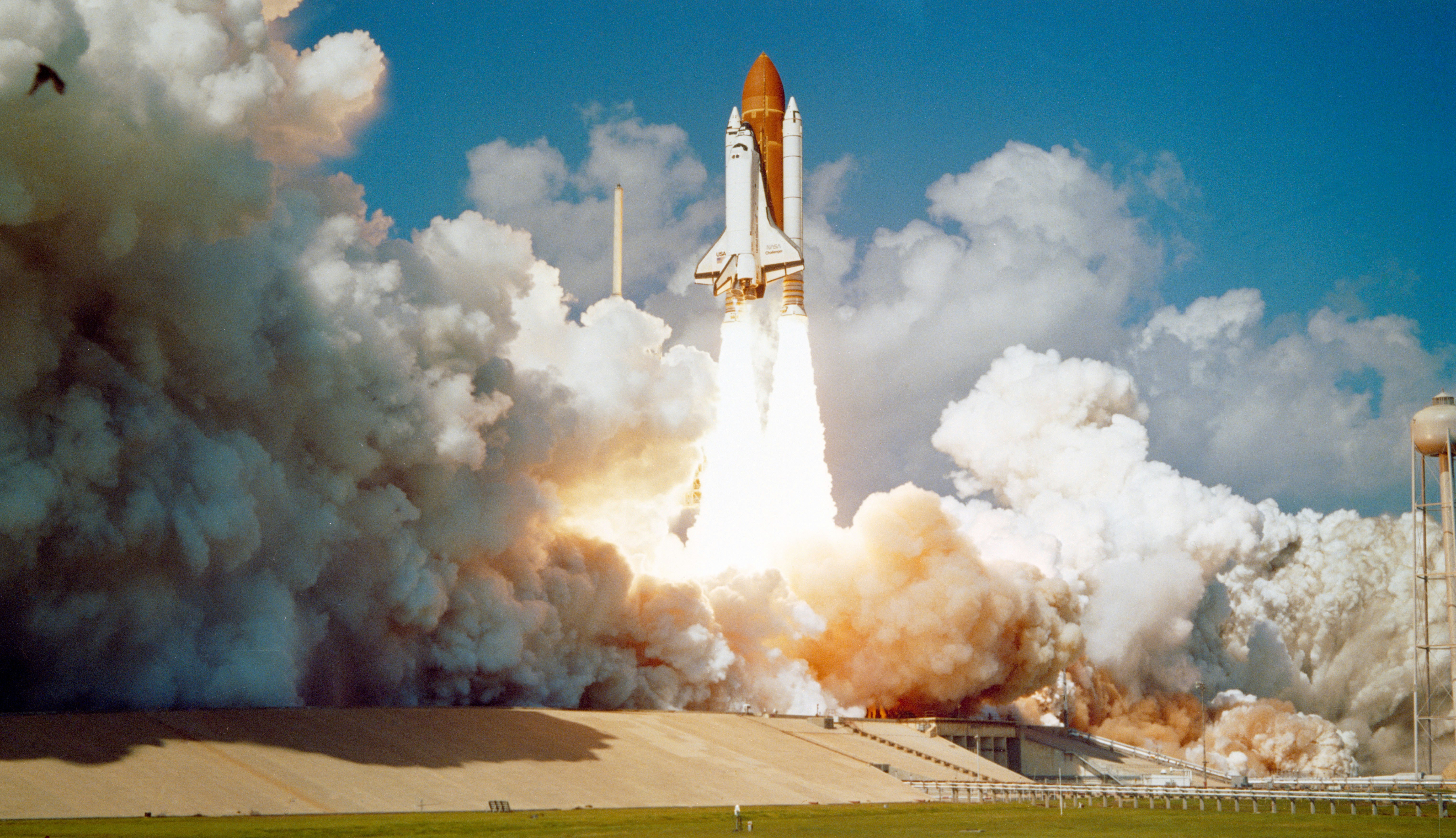Planets of the Solar System – Complete Study Notes with MCQs
By KYASC INSTITUTE
A planet is a celestial body that orbits a star (like the Sun), has enough gravity to become nearly spherical, and does not produce its own light through nuclear fusion. Our Solar System has eight major planets divided into two categories: Terrestrial Planets and Giant Planets.
Types of Planets
Terrestrial (Rocky) Planets: Mercury, Venus, Earth, Mars
Gas Giants: Jupiter, Saturn
Ice Giants: Uranus, Neptune
1. Mercury

• Closest planet to the Sun
• Smallest planet
• No atmosphere
• 88 Earth days to orbit the Sun
2. Venus

• Hottest planet due to greenhouse effect
• Thick carbon dioxide atmosphere
• Called Earth’s twin
• A day longer than its year
3. Earth

• Only known planet supporting life
• 70% covered by water
• Atmosphere rich in nitrogen and oxygen
4. Mars

• Known as the Red Planet
• Thin CO₂ atmosphere
• Olympus Mons volcano present
5. Jupiter

• Largest planet
• Great Red Spot storm
• Fastest rotation (~10 hours)
6. Saturn

• Famous ring system
• Gas giant
• Moon Titan present
7. Uranus

• Ice giant
• Rotates on its side
• Blue color due to methane
8. Neptune

• Farthest planet
• Strongest winds
• 165 Earth years to orbit the Sun
Important Concepts
• Orbit: Path of a planet around the Sun
• Rotation: Spinning on axis
• Revolution: One complete orbit
• Atmosphere: Gaseous layer surrounding a planet
30 Multiple Choice Questions (With Answers)
1. Smallest planet? – Mercury
2. Red Planet? – Mars
3. Largest planet? – Jupiter
4. Hottest planet? – Venus
5. Closest to Sun? – Mercury
6. Planet with rings? – Saturn
7. Earth’s twin? – Venus
8. 165-year orbit? – Neptune
9. Fastest rotation? – Jupiter
10. Only life-supporting planet? – Earth
11. Blue planet? – Earth
12. Planet tilted sideways? – Uranus
13. Great Red Spot? – Jupiter
14. 88-day orbit? – Mercury
15. Polar ice caps? – Mars
16. Gas giant? – Jupiter
17. Ice giant? – Neptune
18. Largest moon Ganymede belongs to? – Jupiter
19. Morning Star? – Venus
20. Methane gives blue color to? – Neptune
21. Thick CO₂ atmosphere? – Venus
22. Olympus Mons located on? – Mars
23. Titan belongs to? – Saturn
24. Strongest winds? – Neptune
25. Revolution of Earth? – 365.25 days
26. Rotation of Earth? – 24 hours
27. Farthest planet? – Neptune
28. Terrestrial planet example? – Mars
29. Largest ring system? – Saturn
30. Planet without atmosphere? – Mercury
Conclusion
The planets of the Solar System are fascinating celestial bodies with unique characteristics. Understanding their features is essential for competitive exams like SSC, UPSC, CDS, NDA, and state-level examinations.











